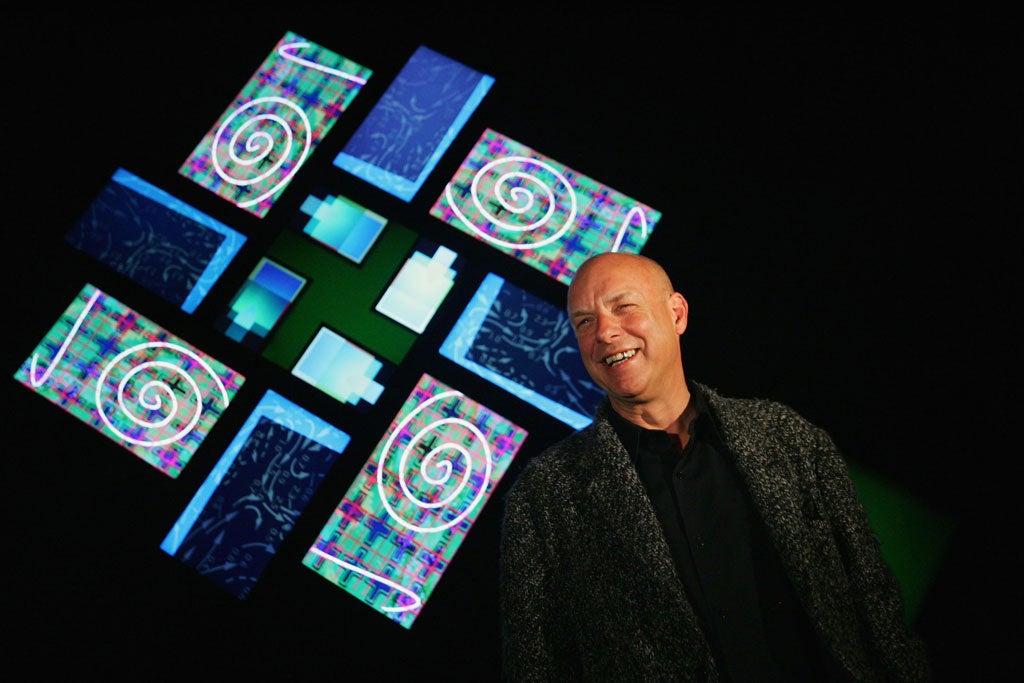Asking 150 contemporary scientists, intellectuals and artists how the internet changes the way they think is a bit like giving the Large Hadron Collider an extra four notches on its speed-dial. You know they're going to use it to the max, smashing up ideas and generating spin-offs, though perhaps picking up a few radiation-burns along the way. Thus it proves with this book on "the net's impact on our minds and future" - regularly illuminating, but sometimes intriguingly conservative, in response to the crisply formulated question.
Edge.org, the site which yearly generates these billowing steam-clouds, is itself worth a critical query or two. Its founder, John Brockman, is a counter-cultural hustler turned literary agent to the science elites. Many of the Edge participants are clients of his, so there's a faint whiff of the performing don to many of these short essays as they tap out routines that will wow the TED crowd or close the literary deal. But this pecuniary tang makes Edge.org a bona-fide marketplace of ideas, and thus a good data-set from which to assess the intellectual climate of the North and the West of the planet.
What's surprising is the significant minority of "Distractionistas" here: those who believe that the internet's compelling, always-on nature is shallowing and hollowing our capacity for reflection, extended argument, even the seat of our consciousness. Brian Knutsen and Thomas Metzinger claim our ability to maintain our attention is the core of selfhood. The way the net pulverises our focus turns us into "Public Dreamers", displaying "dementia, intoxication, infantilisation".
The largest and most impressive group are "scholarly tool-users", with the internet as their instrument for a new renaissance of cross-disciplinary research, continuing the spirit of founders like Tim Berners-Lee and Douglas Englebart. Some tantalising new ideas emerge. Eric Drexler pleads for a web platform that helps us present "factual controversies" as effectively as Wikipedia presents "factual consensus". Gloria Origgi wonders whether social media forces academics to think that their legacy should be "great threaded conversations", rather than academic papers. John Goody reminds us that Gutenberg's "simple drop in the price of books" was the trigger for the conceptual and material revolutions of the modern age: what should we anticipate when digital networks can effect a global commons of knowledge? For those with a taste for Californian techno-ecstasy there are more than enough essays on the digital sublime. Will virtualisation be as powerful as industrialisation, in the way it shapes our sense of space and time? Is the internet a "worldwide supracortex", homologous with the way our brains function? Are we moving from "Enlightenment" to "Entanglement"?
The art crowd - Ai Weiwei, Brian Eno, Hans Ulrich-Obrist - are a welcome input, as much for their cheek in appropriating techno-speak if it'll justify a gig or exhibition. But the other tendency revealed is the ruin of what's passing for evolutionary science at the moment, at least in its pretensions towards explaining human culture. For Timothy Taylor, the global village of the net "returns us to our evolutionary origin... the whole tribe is... making decisions about its shared future". Mark Pagel thinks the internet makes our evolved "narcissism" and egotism worse, while others think it happily amplifies the romantic grooming that builds our families and communities.
Make your minds up, sub-Darwinists. Meanwhile, the Net - in so far as it stays an end-to-end network, surprising us with our ability for common endeavour - persists. Brockman's book is diverse enough to inform you about how to think about it and, more importantly, how to defend it.
Subscribe to Independent Premium to bookmark this article
Want to bookmark your favourite articles and stories to read or reference later? Start your Independent Premium subscription today.


Join our commenting forum
Join thought-provoking conversations, follow other Independent readers and see their replies